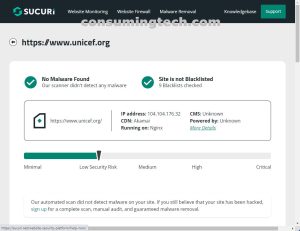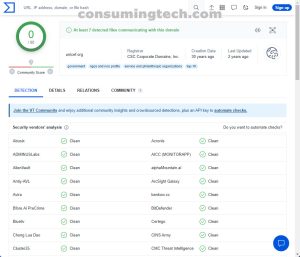The acronym UNICEF was originally used for The United Nations International Children’s Emergency Fund, which is now officially known as United Nations Children’s Fund. UNICEF, conceived on the 11th of December 1946 after WWII and awarded the Nobel Peace Prize in 1965, is a special program of the United Nations, which is committed to providing humanitarian support and developmental aid to children worldwide. This program, headquartered in New York City, allocates its funds and efforts to the purpose of improving the lives of children globally, focusing on the areas of health, nutrition, general welfare, emergency relief, and education. To date, UNICEF is present in over 190 countries and regions, with a growing workforce of over 13,000 employees on the ground. UNICEF is engaging with partners and governments to bring forth a positive impact for children. Funds for the program rely solely on voluntary contributions from governments and private donors, which as of 2021 stands at a record-breaking $8.1 Billion, according to UNICEF’s annual report.
As of February 2023, unicef.org has 710.9 thousand monthly views, acccording to Similar Web. The Wayback Machine estimates that unicef.org was created on December 20, 1996. The Internet Archive has saved unicef.org 32,515 times between January 22, 1997 and April 13, 2024.
The site’s traffic picked up in 2000 and seems to have a steady traffic since then, with the most trafficked year being 2021.
Is unicef.org Safe?
I analyzed unicef.org for malware and malicious content to check if it was legit or a scam. Here are the results:
I checked unicef.org on Sucuri, and it returned with no issues. Results: Sucuri scan for the site unicef.org.
I then ran a parasite scan with Unmask Parasites on unicef.org and it is suspicious. Results: Unmask Parasites scan for the site unicef.org.
One suspicious inline script was found by Unmask Parasites as follows:
<"inlinescr" style="padding-left: 40px;">(window.NREUM||(NREUM={})).init={ajax:{deny_list:["gov-bam.nr-data.net"]}};(window.NREUM||(NREUM={})).loader_config={xpid...
I also checked unicef.org on VirusTotal, and it is clean. Results: VirusTotal scan for the site unicef.org.
In conclusion, unicef.org was graded as a low security risk with no malware found during Sucuri’s scan. Unmask Parasites found 1 suspicious inline script and no vendors associated with Sucuri and VirusTotal have blacklisted the domain or deemed it as malicious. OVERALL GRADE: Relatively Safe.
Links and Profiles
Website: unicef.org

